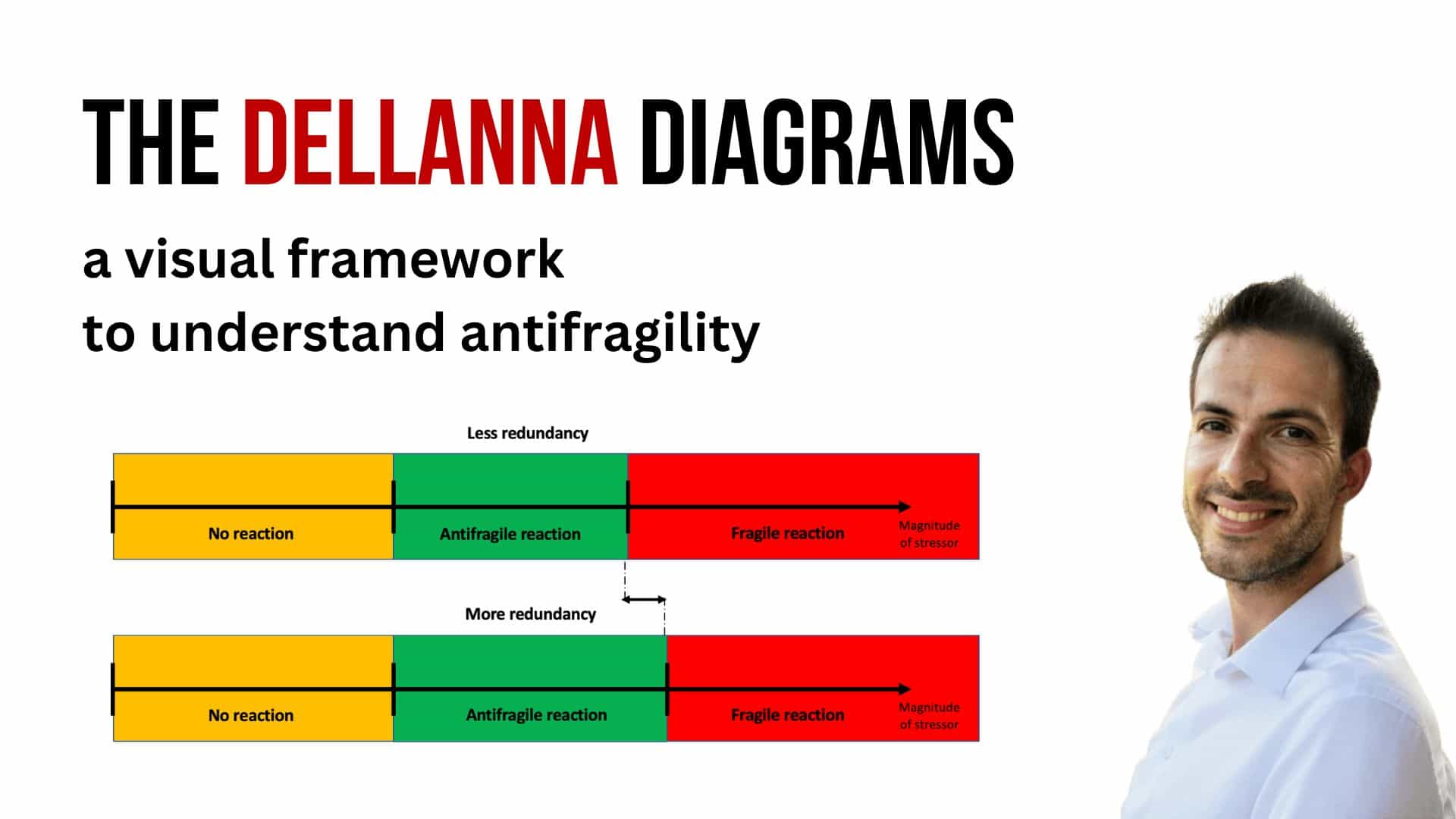Growth obtained through short-term tactics eventually plateaus. It’s a dead end.
I interviewed Laurent Sung Dji Reynieix, the Director of Operations of the Westin Miriandhoo Maldives resort (part of the Marriott group), where I recently spent a few days on a work project.
Today, Laurent manages about 150 people, but he worked his way up, having started more than two decades ago as a waiter for a French restaurant in Singapore. Laurent and I discussed his job, his definition of quality in hospitality, the differences between a good and a great operations manager, what he looks for in new hires, and much more.
Note: this is supposed to be part of my podcast where I interview CEOs and COOs, but I didn’t have my mic and camera with me in the Maldives, so I will only be able to publish an edited version of my notes from the interview, approved by Laurent.
Q: Laurent, what are the differences between a good and a great Director of Operations?
A: Great Directors of Operations have greater attention to detail. Moreover, they pay more attention to the back office. And they are able to create change in the minds and hearts of the people they work with, which then translates into what the guests can see. They generate positivity and build confidence. They are accessible, care with empathy, are interested in order, and are happy to listen – and if they do all this, they can better understand what people need to deliver.
Luca’s note: having spent a week in his proximity, I particularly enjoyed the fact that Laurent spends much of his time walking around the resort, talking to guests and staff, then going to the office for a quick admin, then going again around. Many managers don’t like doing that, often because they think that walking around is a low-leverage activity (one with little impact compared to the time spent). This might be true but discounts that, without walking around, the manager would lack the accurate, first-hand information about the reality of ground that is necessary to perform high-leverage activities effectively.
Q: What’s your definition of quality?
A: For me, delivering quality service means creating emotion within our guests and delivering an experience in addition to a standard of service. I often say that it’s not enough to welcome you on a marble table; what matters is the emotion that the relationship [with the client] will generate.
Q: What does it mean for you to do your job well?
A: It means ensuring the team members feel well in their work and living environments (the resort consists of a stunning Maldivian island, so the staff lives within its premises). It also means ensuring that the customers and the team are happy, and feeling positive vibrations and dynamics within the establishment – the intangible that’s beyond the objective.
Luca’s note: I’ve never seen a great manager who didn’t pay attention to the intangibles that cannot be measured yet contribute to KPIs. Conversely, managers who only look at what can be measured inevitably reach a performance plateau where further improvement is impossible – because it would require attention to what cannot be measured.
Q: What do you look for when hiring, apart from table stakes?
A: I look for attitude, good and sincere principles (e.g., courtesy), empathy, calmness, attention to detail, and a strong sense of observation.
Q: How do you deal with urgent problems that your team is responsible for?
A: I used to put off the fires myself. Now, I try to balance depending on the level of urgency and the level of development I need to give to those who would have had to put off the fire. In some cases, I sit down with them, we analyze and solve the issue together, and then I set the expectation that they solve it by themselves in the future (while still being available if needed). On the other hand, if urgent, I first fix the problem directly, then sit down with them [to analyze what happened and how similar problems should be addressed in the future].
Luca’s note: in the short term, the only thing that matters is to solve the problem fast and well, but in the long term, what matters is to ensure that similar issues will be solved fast and well. Great managers ensure that the right lessons are learned.
Conclusion
Many thanks to Laurent for this interview. In case you’re considering a vacation to the Maldives, I suggest you check the resort where he works – I spent an unforgettable week working there.
And in case you’re considering holding a corporate retreat there and would want me to facilitate it, let me know.



